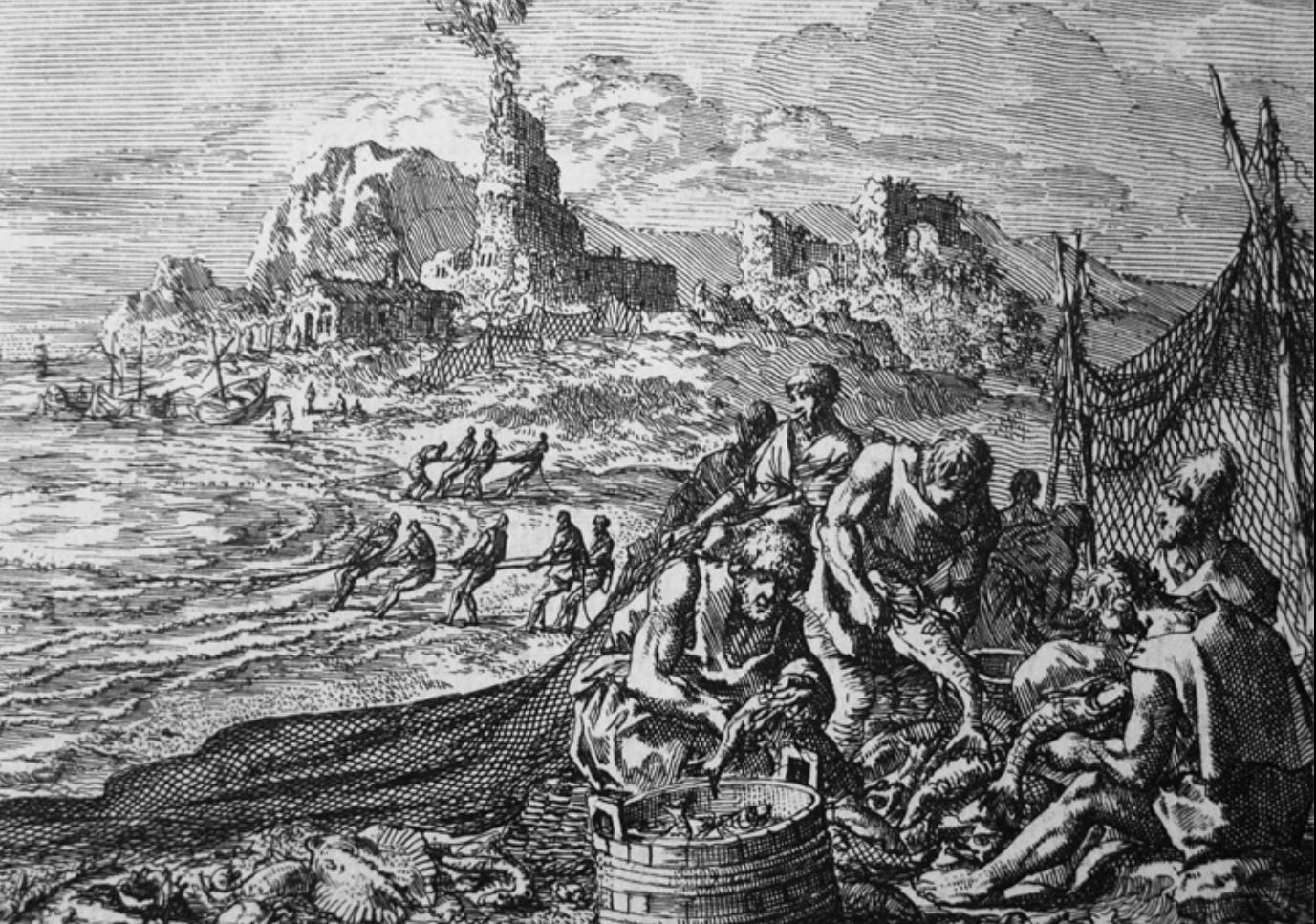Introduction
The Church has been celebrating the Jubilee of Youth. Recently, Pope Leo XIV addressed a gathering of French scouts and guides. He said, “You are young, you are full of ideas and enthusiasm. You want to conquer the world not to subdue it, but to serve the life that comes from God,”
As I reflected on the message of hope and the challenge, Pope Leo gave to his young audience, I was prompted to revisit Pope Francis’ encyclical Laudato Si’, which he addressed to “every person living on this planet” (#3), and through which he attempted to “enter into dialogue with all people about our common home”.
Pope Francis did not want to exclude anyone from the dialogue he attempted through his letter and subsequent actions, however, as is evident from the parlous state of our environment today, many people chose to reject his call to ecological conversion.
Further on in his letter, he identified the human causes of the environmental deterioration that we are experiencing as “rampant individualism” and “self-centred culture of instant gratification” (#162).
Indeed, Pope Leo is wise to emphasise the need “to serve the life that comes from God.” May this Gospel Enquiry be seen as such an act of service.
The Gospel
Jesus said to the crowds: ‘The kingdom of heaven is like a dragnet cast into the sea that brings in a haul of all kinds. When it is full, the fishermen haul it ashore; then, sitting down, they collect the good ones in a basket and throw away those that are no use. This is how it will be at the end of time: the angels will appear and separate the wicked from the just to throw them into the blazing furnace where there will be weeping and grinding of teeth.
‘Have you understood all this?’ They said, ‘Yes.’ And he said to them, ‘Well then, every scribe who becomes a disciple of the kingdom of heaven is like a householder who brings out from his storeroom things both new and old.’
When Jesus had finished these parables he left the district. (Matthew 13:47-53)
The Enquiry
See
Look at the context for this reading. What is the focus in Chapter 13 of Matthew’s Gospel? The elements of “gathering” and “separating” are repeated. Who does the “gathering”? Who does the “separating”? What is different in this fishing parable?
Widen your focus. Read the rest of the chapter. What happens to Jesus when he goes home to Nazareth? What does this tell you about his mission to call people to repent? So, is there another pattern here? Is there a “big picture” emerging?
Do you know any “wicked” people? Why do you think of them as being wicked? Is it a case of “once wicked always wicked”? Why do so many people choose to ignore Jesus and dismiss his message? Are there cultural factors to be considered?
Judge
What do you make of this parable? Is Jesus being simplistic? Or is the choice of being just or unjust as real today as it was in his time? What is your “storeroom” and what do you keep in it?
How do you deal with the temptation to be the “judge, jury and executioner” of the unjust people in the world today? How does this relate to Jesus’ reference to the “new and old” in your “storeroom”?
What is there in yourself that is being challenged by this Gospel? Is this (whatever it is) something that is in your storeroom? And does the thought of getting rid of it (whatever it is) make you feel uncomfortable?
Act
So, considering the big picture as presented to us through this Gospel, what do you want to change in yourself and in the world?
What small action can you carry that will contribute to the change you want to see?
Who can you involve in your action, when, where and how often?
Image Source: Jan Luyken (Creator), Etching of the Parable of the Dragnet, in the Bowyer Bible (1795), Wikimedia Commons, CC BY-SA 4.0


